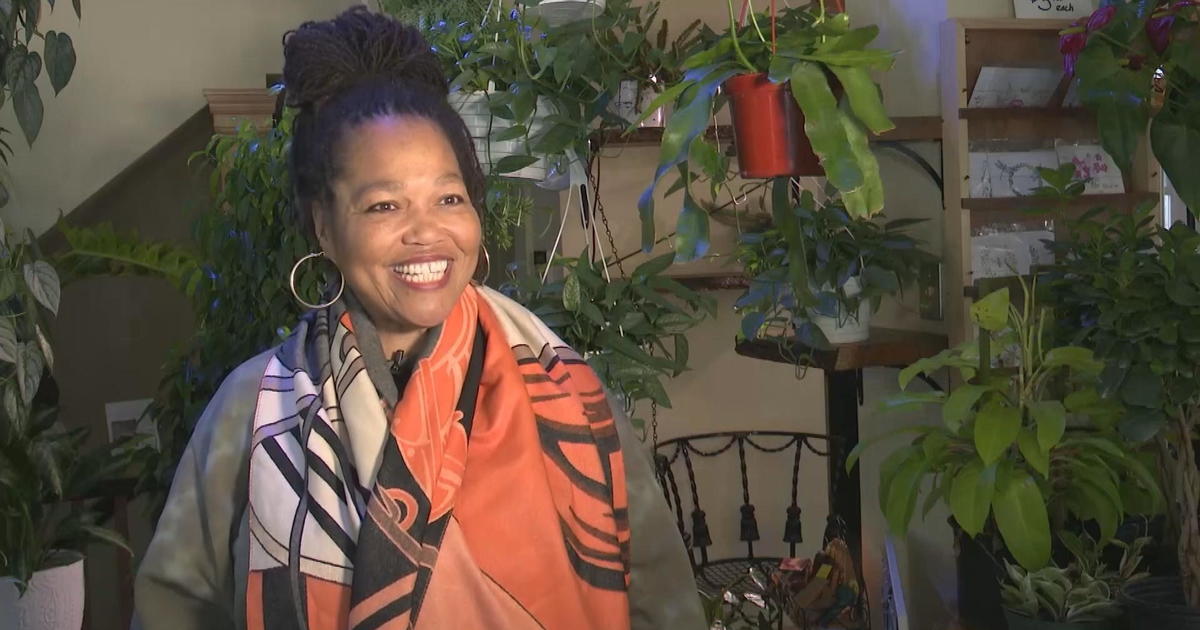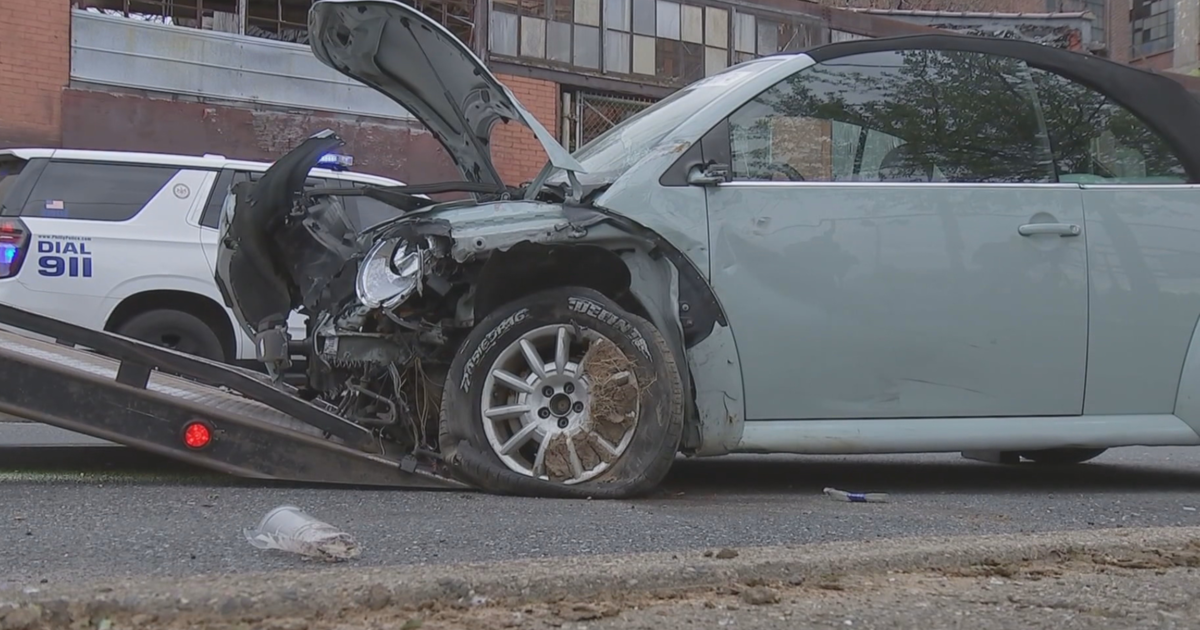Health: Hidden Swimming Danger
By Stephanie Stahl
PHILADELPHIA (CBS) -- Cooling off in the summer heat has many headed to the shore or a pool, but doctors say there's a hidden danger that can be life threatening. 3 On Your Side Health Reporter Stephanie Stahl explains what can happen.
At the pool, kids splash and sputter. But that summertime fun can quickly turn dangerous.
"We've definitely had some incidents here where kids have gone under. We have been able to jump in right away and help them out," said Jill Bianco, a Swim Program Director.
As long as they come up, that means they're okay, right? Not necessarily.
"When you see a kid struggle or go under, and come up coughing pretty good, that's a kid that needs to be watched for a while. May turn out to be nothing, but you'll be glad you watched them if they are persistently coughing for the next 20 minutes, then you know you need to get some help," said Dr. Lance Wells, an emergency room specialist.
Experts say just a small amount of fluid that's briefly in the airways can lead to two types of drowning, dry drowning and secondary drowning. Both can be potentially life threatening.
With dry drowning, the fluid sets off a spasm in the airway, and air can't get in or out. With secondary drowning, water gets in, sets up inflammation, which draws fluid into the lungs from the body, something called pulmonary edema.
"Usually, we want those people into the ER fairly quickly. We're actually going to maintain their airway for them, sometimes that requires what we call intubation. Put them on a ventilator, a breathing machine," explained Dr. Wells.
One to two percent of all drowning cases are caused by these conditions. Children under five and people ages 15 to 25 are most commonly affected.
Persistent coughing, fatigue, vomiting, chest pain, and wheezing are the usual symptoms and can occur up to 24 hours later.
Dr. Wells saw it happen when he was a lifeguard.
"We knew the kid had a near accident in the pool. But seemed to be fine, finished playing with the family. In the parking lot, family called for help, and we got out there and gave him a couple rescue breaths," said Dr. Wells.
Experts say water safety is the best prevention. Keep a close eye on inexperienced swimmers and children, and teach swimmers to blow water out and not panic. They say if you notice any warning signs of secondary or dry drowning, get to the emergency room.



